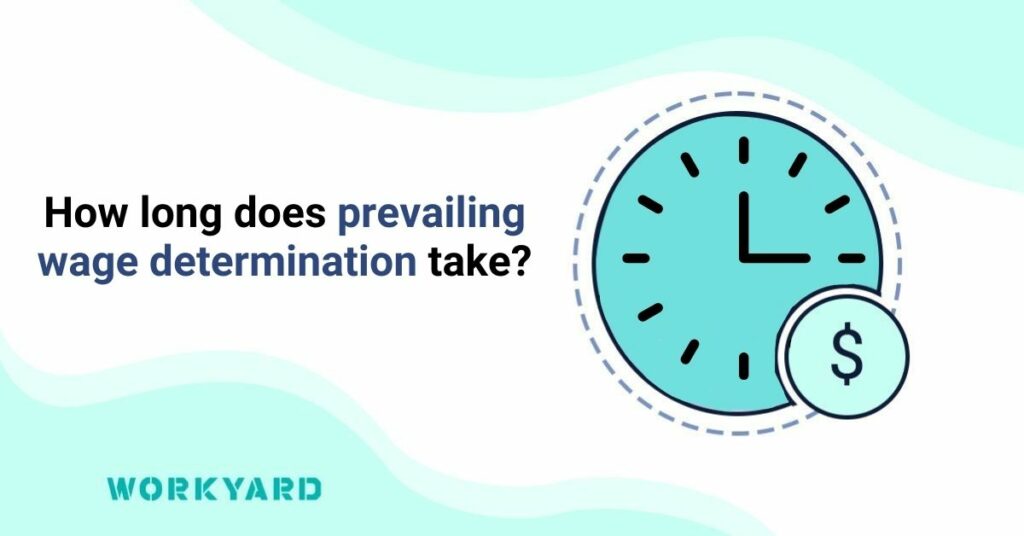The duration of prevailing wage determination can vary widely depending on several factors, including the complexity of the project, the responsiveness of involved parties, and the specific procedures followed by government agencies. Here’s what you need to know about how long prevailing wage determination takes:
Project Complexity
The complexity of the construction project plays a significant role in determining how long the prevailing wage determination process will take. Larger and more intricate projects may require more time for evaluation and analysis of the prevailing wage rates applicable to different job classifications.
Government Agency Procedures
Prevailing wage determinations are typically handled by government agencies responsible for labor standards, such as the U.S. Department of Labor or state labor departments. The timeframe for processing prevailing wage requests can vary depending on the workload and procedures of these agencies.
Survey and Research
Government agencies conduct surveys and research to establish prevailing wage rates for various trades or occupations in specific geographic areas. This process involves collecting data from employers, unions, and other stakeholders to determine prevailing wage rates based on industry standards and labor market conditions.
Response Time
The timeline for prevailing wage determination may also depend on the responsiveness of contractors, unions, and other parties involved in providing information and feedback to government agencies. Delays in obtaining necessary data or responses from stakeholders can prolong the determination process.
Communication and Follow-Up
Effective communication and follow-up between project stakeholders and government agencies can help expedite the prevailing wage determination process. Contractors and employers should stay proactive in providing requested information and addressing any inquiries or concerns from labor agencies.

